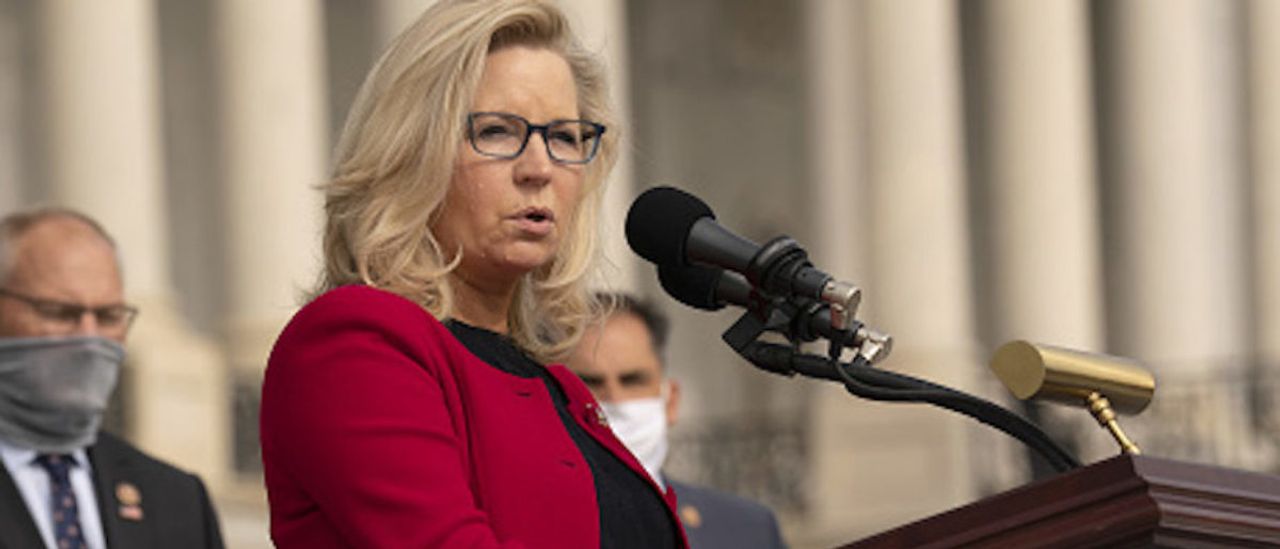Iran’s leader rejects call to surrender, saying US intervention would cause ‘irreparable damage’

Iran’s Supreme Leader Rebukes U.S. Demands Amid Conflicts
In a recent televised address, Iran’s supreme leader openly rejected the United States’ demand for unconditional surrender, particularly in light of the intense Israeli military actions. Ayatollah Ali Khamenei firmly stated that any American military action would lead to “irreparable damage” to the U.S. This statement was broadcasted on state TV, marking Khamenei’s second appearance since the onset of the Israeli strikes.
U.S. President’s Stern Warning
Just a day prior to Khamenei’s defiant speech, U.S. President Donald Trump released a statement on social media demanding “UNCONDITIONAL SURRENDER” from the Iranian leader and hinted at knowledge of Khamenei’s whereabouts, though he mentioned that the U.S. had no immediate plans for lethal action. Initially distancing himself, President Trump now signals a possible shift towards more active U.S. involvement in the conflict, escalating military presence in the region.
Khamenei’s Response to Trump
Ayatollah Ali Khamenei dismissed what he called the “threatening and absurd statements” from President Trump. He expressed that wise figures familiar with Iran’s history would not approach with threats as Iran is a nation that will not surrender. Highlighting the potential backlash of U.S. military involvement, Khamenei’s address underscores the tension between the two nations.
Context of Khamenei’s Address
The address was initially introduced by a state TV anchor before Khamenei’s recorded video was aired. This sequence, possibly a security precaution, also featured visuals of Khamenei in a room adorned with symbolic decor including an Iranian flag and a portrait of Grand Ayatollah Ruhollah Khomeini. Iran also reiterated its stance that any U.S. intervention could escalate to all-out war.
Nuclear Ambitions and Military Conflicts
|
Despite the ongoing Israeli military strikes targeting Iran’s nuclear facilities, Iran remains steadfast in its nuclear ambitions, dismissing any setbacks and vowing to continue its enrichment of uranium for peaceful purposes. This resilience comes amidst a backdrop of significant airstrikes by Israel that have disrupted major Iranian military and nuclear sites and resulted in substantial casualties.
Impact on Israeli Citizens and Infrastructure
The conflict has severely affected Israel as well, with commercial flights recently resuming after a temporary closure of the country’s international airport. The Israeli strikes accordingly have focused on undermining Iran’s missile capabilities, with recent operations targeting uranium centrifuge and missile component facilities.
Ongoing Casualty Reports and Regional Impact
A Washington-based Iranian human rights group has documented significant casualties, with both civilians and security personnel among the dead. Additionally, the ongoing conflict has had a tangible impact on daily life in Tehran, with citizens experiencing disruptions such as closed shops and lengthening gas lines as they attempt to flee the escalating hostilities.
Future Trajectories
The discourse between Iran and the U.S. continues to be punctuated by harsh exchanges and threats of further military action. As international negotiations and diplomatic efforts appear to stall, the regional stability hangs in the balance, with the potential for a broader conflict looming large.








No Comments